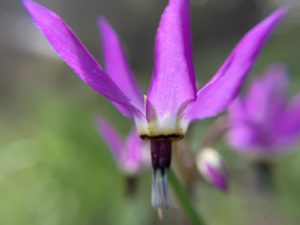Calendar of events
Here you will find all of our congregation’s Sunday Services, Board and Committee meetings and other events. Use the calendar controls to see events for past or future dates. For a quick look at recent Sunday Services, click here!
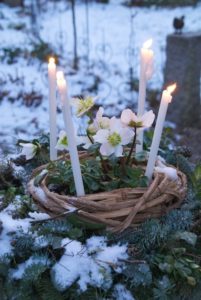
Long before humans invented religions, we looked with awe at the night sky, the changing seasons, the coming of the rains, and the beasts. Today some people refer to the pre-religious people as ‘pagan’ and yet many of us hold pagan-inspired beliefs related to ‘Christmas’ trees and ‘Easter’ eggs. What is paganism, and what is UU paganism? Come and learn!

Nature educator and earth activist for over four decades, Sarah ponders the challenge of finding joy in the midst of despair – and wonders about making a difference.

incredibly talented Jill Cooper is going to play glorious wedding
tunes and Amanda will regale us with poignant stories from the
many weddings she has officiated at. A morning of joy and sor-
row, hope and inspiration all underscored with beautiful music.
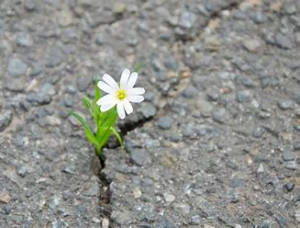
actions as a species can no longer be ignored. How do we thrive
amongst the doom and gloom?

Happy Birthday, Capital! Our congregation’s first service was 24 years ago, on March 3, 1996. What has changed and what are we still doing the same? This is also a time to envision the future of our community. BC historian Peter Scales will share what he has learned.
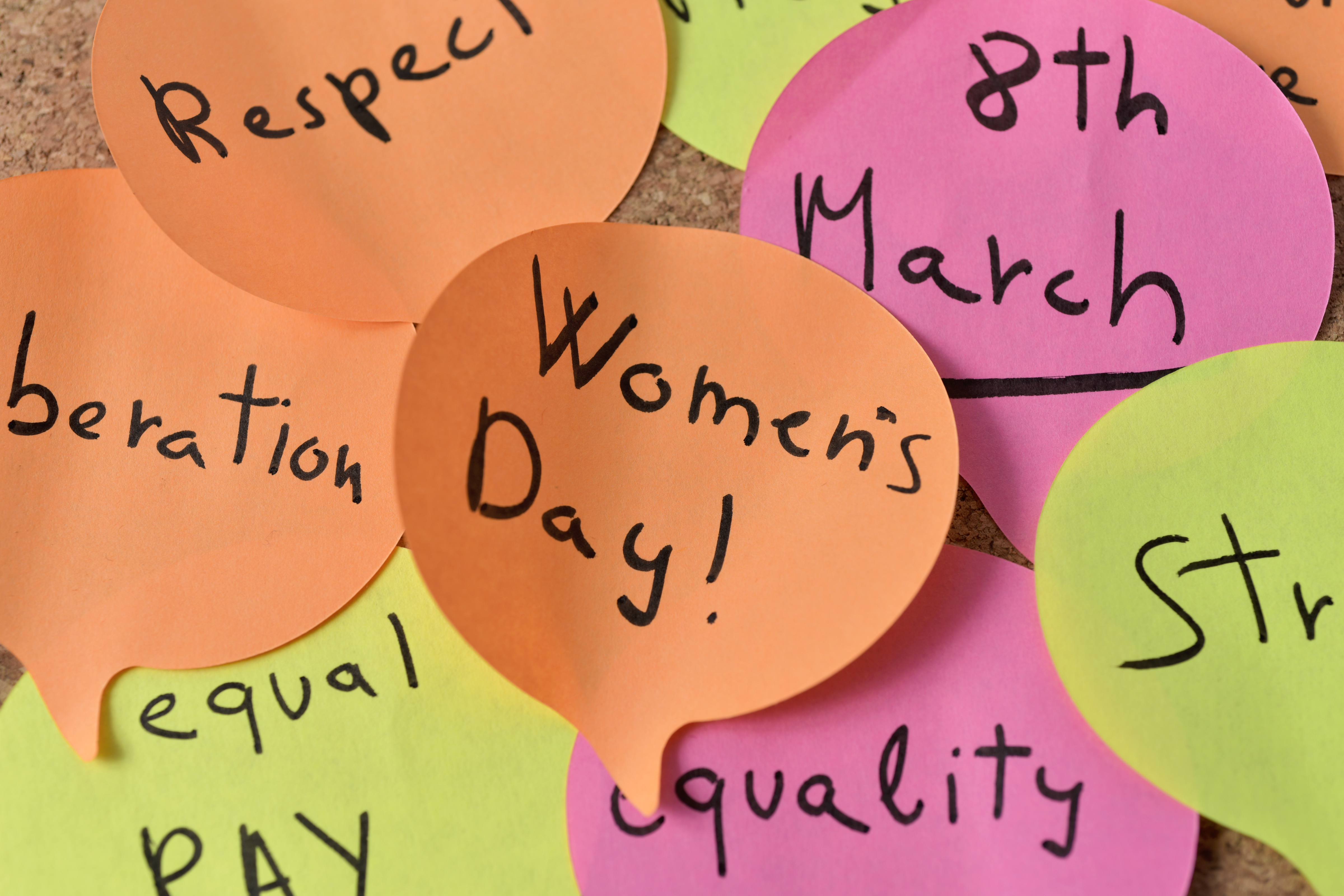
Rev. Frances Deverell will take a tour through the different waves of feminism seeking what they were about; what we learned; how they helped to develop our vision of a world of mutual respect and equal opportunity; and where we are headed.
Rev. Frances Leigh Deverell served as minister for 3 Unitarian congregations before retiring in 2010. This followed a 25-year career in Management Training and Organizational Development. She is the author of Finding Common Voice, the Canadian congregational handbook for social responsibility. She serves as Past President of the Canadian Unitarians For Social Justice. She is chair of the Criminal Love and Justice Group of the Canadian Unitarian Council working on crime prevention and aboriginal justice issues. You will find her personal website at www.francesdeverell.com. Frances and her husband, Ron Wilson live in cohousing (Pacific Gardens) and attend FUFON in Nanaimo. Her daughter, Karen Abramson, lives in Coquitlam.

The three strategies of deep adaptation address the impending climate crisis: Resilience, Relinquishment, and Restoration. Learn about this theory by Jem Bendell, professor of sustainability at the University of Cumbria in England.
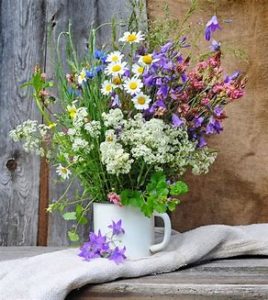
In a virtual twist on our usual flower communion ritual, you are invited to bring to share during our Sunday time together this week an object, image or memory that is connecting you to the natural world in your current daily life. If you don’t have something to share, please come anyway and bring an open heart for those who do share. House plant companions are especially welcome to join us, in addition to stone sculptures, wood carvings, wicker or bark baskets, rocks, flowers or branches you may collect this week on any outdoor walks, or whatever feels natural for you to bring. There will be a ritual that provides an opportunity us to share our offerings, as well as some time for those who wish to tell about their current connections to the natural world. If your wifi signal strength and living situation allows, this week you are particularly encouraged to join us from a safe physically distanced outdoor location (even if that is simply propping your phone in front of your open apartment window).
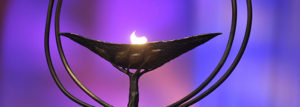
The covid-19 pandemic and Canada’s isolation response has caused all religious organizations to close their physical services. In Victoria some groups were ready for the change because they had already been broadcasting certain services. Other congregations have struggled to reach out. Religious and community leaders know that their function is as much pastoral (caring for the people) as it is theological (spreading and reinforcing the core messages of the faith), so not only pulpit/bima/mihrab services but also coffee chats and social gatherings are shifting to online. What do we want from our congregation(s) in normal times, and how does that change in pandemic time? How do we keep the chalice flame illuminated?

Motivational speakers and life-coaches often talk about the importance of maintaining a work-life balance. As the CUUC’s new Sunday Services Committee Director, a husband, father of three, and full-time consultant (amongst other things), I am keenly aware of this balance. But in recent times, I have begun to wonder whether such a balance exists. I’ve even begun to question whether such a distinction – between life and work – can even be made! More and more, it seems to me that this subject is the misinterpretation of a potentially grim truth: that life itself is work. I say “potentially” because it need not be grim if we look at it from a certain point of view – a point of view I would like to share with you all this Sunday, when we discuss work, life, balance, and the future of the CUUC.
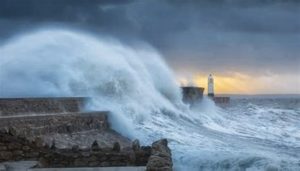
Dr. Michelle Gorman will outline in lay person terms the importance of biodiversity in terms of adjusting to the fluctuations involved with changing climates. What biodiversity is and what it is not. If you plant the right plants will the animals that need those plants for food, shelter and habitat follow? And what are the right plants?
A Not So Brief Biography: Michelle Gorman, Ph.D., is an entomologist with more than 30 years of experience in integrated pest management and insect and plant interactions, including vectoring plant diseases and invasive species management. She graduated from UVic with a B.Sc. in 1975, from Montana State University in 1979 with a M.Sc., with a major in Entomology and a minor in Plant Physiology, and from North Dakota State University in 1982 with a Ph.D. in Entomology and a minor in Plant Pathology. Michelle worked for City of Victoria Parks as the Integrated Pest Management (IPM) Coordinator, and she co-chaired the Municipal Committee of the B.C. Plant Protection Advisory Council. She is a member of the Restoration and Management RIG of GOERT and co-chaired its Invasive Species Steering Committee. She looks for the delicate balance of pest management in context with environmental conservation.
Copyright © 2024 :
Capital Unitarian Universalist Congregation
WordPress Theme : Faith and Web


